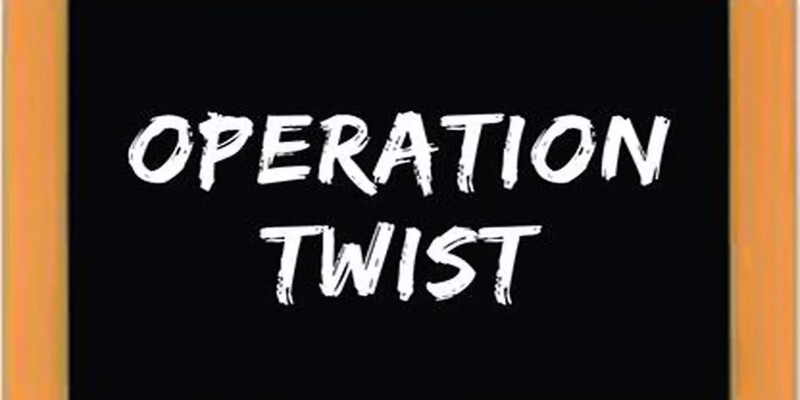9 Simple Steps to Refresh Your Budget for the New Year
Controlling your financial resources is a crucial practice that both leads to success in your goals and decreases your stress related to money. You can use the beginning of this new year to conduct a budget review which requires renewing your financial plan. Developing a budget enables you to know your spending patterns thereby establishing financial plans for money you want to save as well as costs and unexpected expenses. Financial success awaits you through these 9 straightforward steps which will lead you to establish your new financial beginning.
Review Your Income

You should begin by analyzing all the money you earn from multiple sources. Any form of salary from your paycheck alongside your added jobs and freelance opportunities falls under this category. You need to factor in your net income which represents the money you receive after deduction of taxes and tax deductions. The total amount you earn represents the fundamental aspect to grasp because it allows you to build an appropriate financial plan.
To create a steady working amount use the average from past months' earnings for a more accurate monthly figure.
2. Categorize Your Expenses
Take a thorough inventory of your expenses by dividing them into categories. Generally, expenses can be grouped into fixed expenses, variable expenses, and discretionary spending. Fixed expenses include items that stay the same each month, like rent, utilities, or loan payments. Variable expenses, such as groceries or transportation, may fluctuate slightly from month to month. Discretionary spending covers non-essential items like dining out, entertainment, or shopping.
Categorizing your expenses will help you see where your money is going and identify areas where you can potentially cut back. If you’re unsure exactly how much you’re spending in each category, review your bank statements or use a budgeting app to track every expense for a couple of months.
3. Eliminate Unnecessary Expenses
Once you’ve categorized your expenses, take a hard look at anything that might be unnecessary or excessive. Are there subscriptions you no longer use, such as streaming services, gym memberships, or magazine subscriptions? Canceling even a few of these can free up extra cash each month. Similarly, consider how often you spend on dining out or impulse purchases. Cutting back on these discretionary expenses can add up to significant savings over time.
Another tip is to find alternatives that cost less but still meet your needs. For instance, could you prepare coffee at home instead of buying it daily? Small changes in spending habits can make a large impact on your overall budget.
4. Set Financial Goals
Setting clear financial goals provides focus and purpose when managing your budget. Begin by defining what you aim to achieve—whether it’s eliminating debt, saving for a dream vacation, building an emergency fund, or preparing for retirement. Organize these goals into short-term, medium-term, and long-term categories to prioritize them with clarity and purpose.
Attach specific dollar amounts and deadlines to your goals to make them measurable and achievable. For instance, instead of simply saying "save more money," aim to save $5,000 for an emergency fund within 12 months. Writing down your goals and reviewing them regularly can keep you motivated and focused on making consistent progress.
5. Automate Your Savings
A simple yet effective way to stay on budget is by automating your savings. Schedule monthly transfers from your checking account to a dedicated savings or investment account. This approach helps you prioritize saving by paying yourself first, while removing the temptation to spend that money elsewhere.
You can also automate payments for bills and fixed expenses, so they're withdrawn directly from your account each month. Not only does this save time and effort, but it also helps avoid late fees and missed payments.
6. Negotiate Bills
Many individuals overlook this step in their budgeting process, but it can make a significant difference in freeing up extra cash each month. Take the time to review your bills and negotiate with service providers for better deals or discounts. This includes negotiating your rent, cable/internet bill, phone bill, or insurance premiums. With a little effort, you may be able to save hundreds of dollars each year.
Track Your Progress

Consistently tracking your spending and progress towards your goals is crucial in maintaining a successful budget. Use a budgeting app or spreadsheet to monitor your expenses against your budgeted amounts each month. This will help you identify any problem areas where you may need to make adjustments.
It’s also important to regularly review and update your budget as needed. Life circumstances can change, like an increase in income or unexpected expenses, so be flexible and adapt your budget accordingly.
8. Seek Out Financial Education
If you’re feeling overwhelmed or unsure about managing your finances, don’t hesitate to seek out financial education resources. There are plenty of free online courses, workshops, books, and podcasts available that can help you improve your financial literacy.
You can also consider working with a financial advisor to create a personalized plan tailored to your specific goals and needs. They can offer valuable advice on investments, retirement planning, and building wealth.
9. Celebrate Your Progress
Lastly, remember to celebrate your progress along the way! Building good financial habits takes time and effort, but it’s essential to recognize how far you’ve come and reward yourself for sticking to your budget. This can be as simple as treating yourself to a nice meal or saving up for a special purchase you've been wanting. Celebrating small victories can help keep you motivated and on track towards achieving your financial goals.
Final Thoughts
Achieving financial stability and building healthy financial habits is a journey that requires patience, dedication, and consistency. By following these steps and remaining disciplined, you can take control of your finances and work towards a more secure and fulfilling future. Remember, even small changes can make a significant difference over time. Stay committed to your goals, continue learning, and celebrate your successes along the way.












